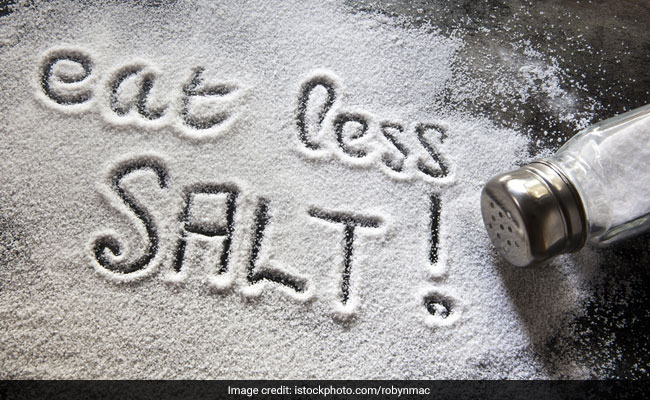
Do this, do that. Don't touch this, don't take that. Sometimes weight loss may prove to be an overwhelming affair; the lack of instant results may even make you impatient at times and prompt you to quit trying. Let us tell you a secret; there is no textbook formula to weight loss. Each body is different and the time taken to drop those extra kilos differs from person to person. But of course, with time we have uncovered many secret tips and tricks that may play a role in speeding weight loss. And no, we are not talking about the fad diets that claim to help you lose a dozen kilograms in a matter of few days. We are talking about tips that may actually help you not just lose those extra pounds but also sustain that weight loss. For instance, limiting your salt intake. Now we are not saying you should go off salt totally. Eliminating salt from your diet may prove detrimental to your health. Sodium helps healthy cardiovascular activity, absorption of nutrients etc. But monitoring your salt intake may be a good idea to prevent morbid weight gain.
Why Should You Monitor Your Salt Intake For Weight Loss
Modern day diet is heavily laden with sodium. Excess sodium and trans-fats present in these foods tend to clog arteries that may raise blood pressure levels and cholesterol. They also contribute to toxic overload that makes weight loss an even more taxing affair.
Greater the amount of sodium in your diet, greater are your chances of bloating, water retention and weight gain. Water retention occurs when excess fluids build up inside your body. Sodium is said to be the biggest contributor to fluid retention. This particular kind of weight gain that occurs due to water retention is often temporary and can be monitored with help of few dietary tweaks.
(Also Read: Weight Loss: This Soothing Soup Is An Ultimate Booster For Your Weight Loss Plan)

Greater the amount of sodium in your diet, greater are your chances of bloating
According to Dr. Shikha Sharma's book, '101 Weight Loss Tips', one should specifically aim towards cutting salt intake post 7 p.m. Higher sodium intake increases chances of higher water retention and also because our metabolism takes a dip in the evening, it is always advisable to go light during evenings.
(Also Read: Weight Loss: 5 Unique Tips To Burn Belly Fat)
Ayurveda expert Ashutosh Gautam says, salt may lead to weight gain due to bloating, but make sure you maintain balance. Following a salt-free diet may increase risk of electrolyte imbalance.
Here are few tips in which you can try limiting your salt intake:
1. Opt for fresh fruits, meat and vegetables as they are low in sodium. Frozen or canned foods are often higher on the sodium quotient.
2. Read the nutrition label; if the sodium content is too high or it is one of the first three ingredients mentioned, try to avoid.
3. Add more spices to your food.
4. Try preparing most of your food at home and monitor the salt you are adding to the food.
Follow these tips and see the impact on your weight loss journey yourself.
Disclaimer: This content including advice provides generic information only. It is in no way a substitute for qualified medical opinion. Always consult a specialist or your own doctor for more information. NDTV does not claim responsibility for this information.
Track Latest News Live on NDTV.com and get news updates from India and around the world

